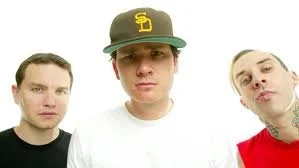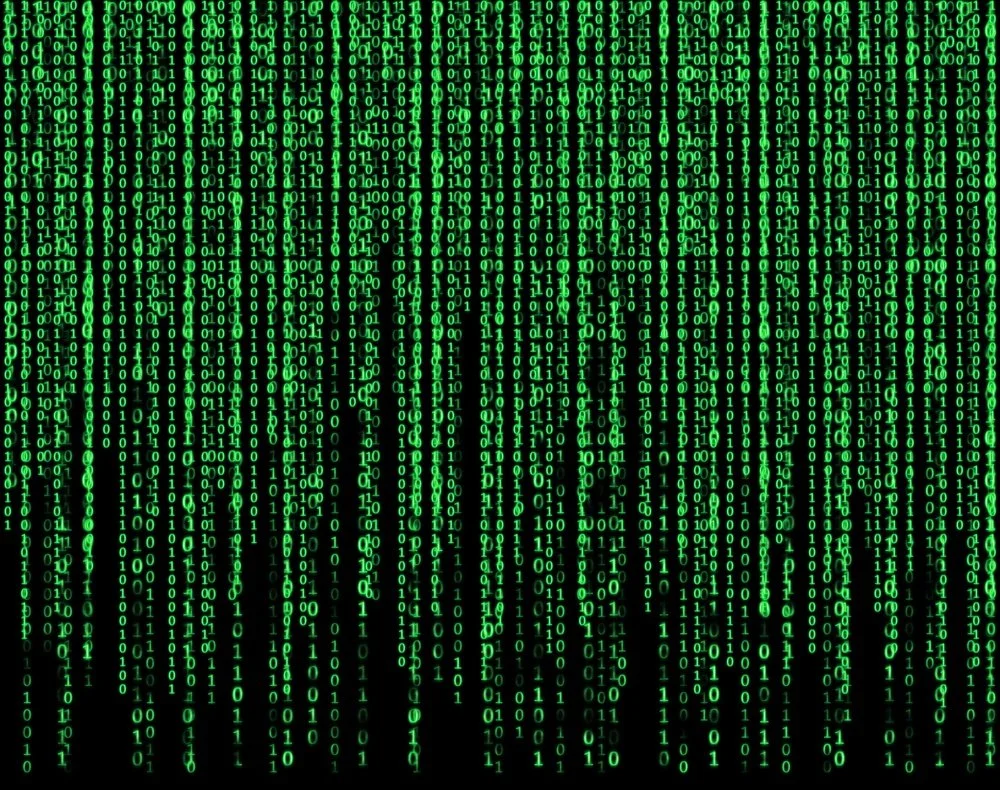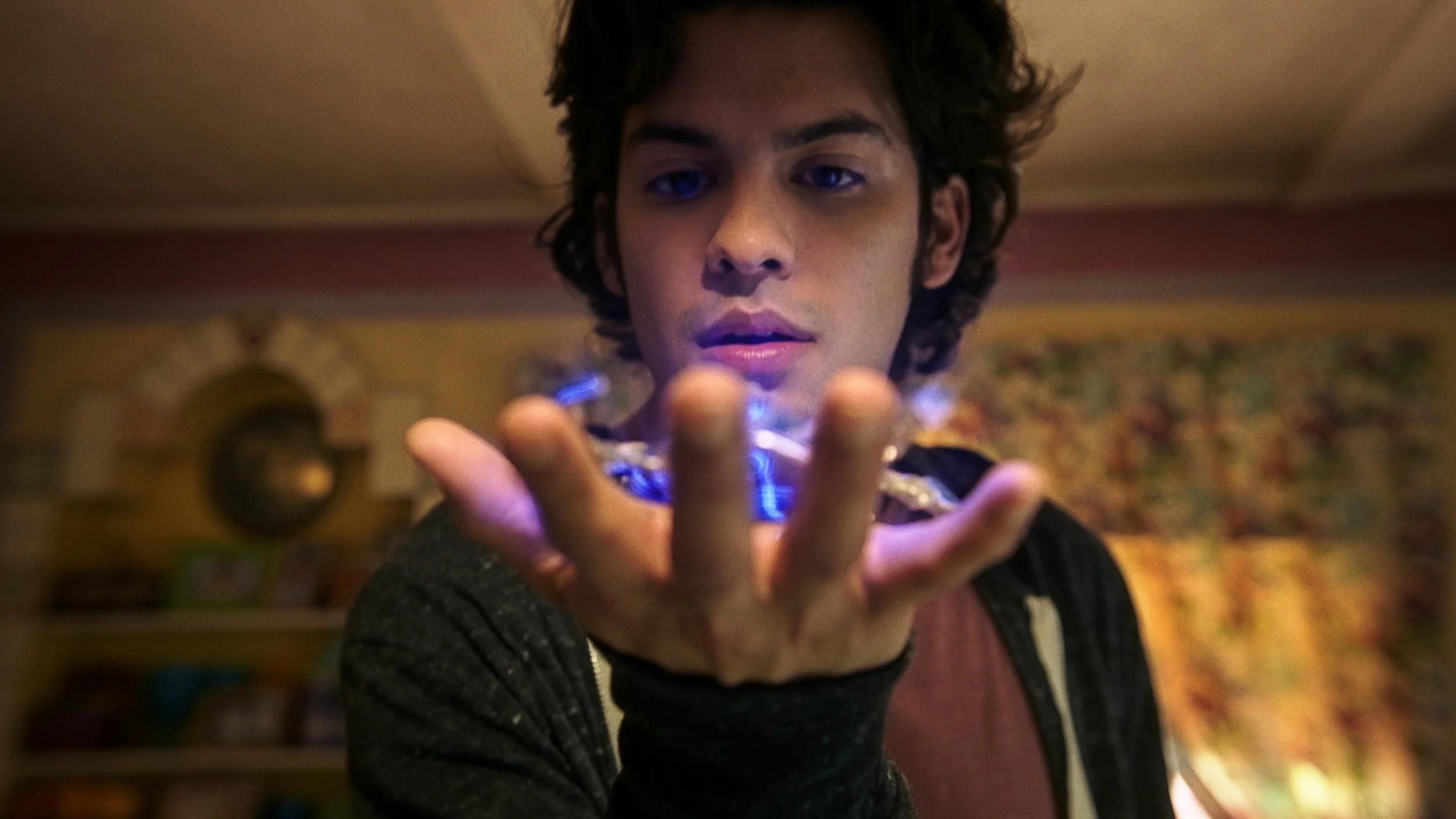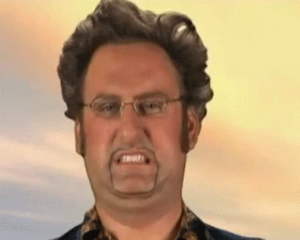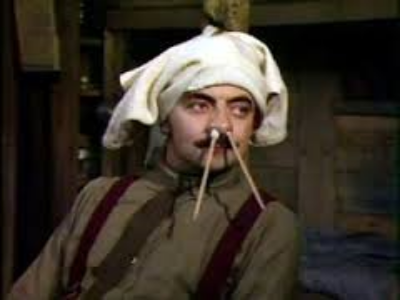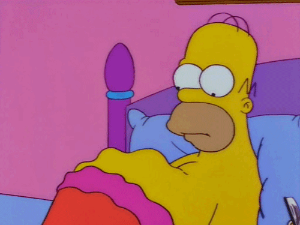There are very few series like the Dune series. The sheer magnitude of its scale, the philosophical, religious, and political themes spread across each page requires more than one read to fully grasp it all. Both Frank Herbert and his son, Brian Herbert, agree with this assessment. I have found that few accept the challenge to venture deep into the heart of a masterful series like Dune, but when they do, their minds open. They see our own world differently.
With the new Dune movies now out and doing well (plus the Dune Prophecy MAX show debuting in the fall of 2024), more people have joined the crusade (or shall I say jihad) into the legacy of Paul Maud’Dib and the succession of Atreides generations in future novels.
It’s books like these that never die. I strongly suggest - if you haven’t already - buying or borrowing all 6 novels and diving in as soon as you possibly can. I’m sure you won’t be disappointed.
3. Chapterhouse Dune
The Story: Chapterhouse is the sixth and final novel in the original Dune series by Frank Herbert. The story focuses on the planet called Chapterhouse: the headquarters of the Bene Gesserit Sisterhood. The novel concentrates most of its space to the power struggles between different factions of an Imperium-less universe. A massive force of enemies called the Honored Matres swear to drive the Bene Gesserit to extinction at all costs while the Neo-Sisterhood must plan for the worst.
Thoughts: There’s a reason this novel is in the top echelon for Frank Herbert’s prized series. He crafts a masterful story with subplots that never veer too far from what is familiar. The new characters and “comfort” characters of other novels compliment each other in ways one simply cannot expect. The story is a rubber band being stretched from both ends - threatening a snap! - but holding true for long enough to feel satisfied enough to see it as a fateful conclusion. -4.4/5
2. Heretics of Dune
The Story: Heretics of Dune takes place thousands of years after the events of the original Dune series. A new character named Sheeana - a young woman with the ability to control sandworms - excites the Bene Gesserit Sisterhood. Her power is the first post-God Emperor that has the potential to balance the scales back to a universe tailored to the Sisterhood ways. New villains and factions loom somewhere in the Scattered universe and threaten to destroy the strengths of a universe no longer connected by the Imperium.
Thoughts: This novel shocked me in the best ways possible. It is not just another desert novel. It redesigns the planets readers once knew, reshapes the power of politics and religion in a stranger universe, and unveils new powers, skills, and effects of some of the darkest elements of the Bene Gesserit. Bashar Miles Teg - a legendary warrior/general - in the employ of the Bene Gesserit, is tasked with keeping a young ghola-Idaho from assassination attempts and, eventually, a weary Sheeana from falling into the hands of darker enemies lurking in the void. - 4.8/5
Dune
The Story: Dune follows a young boy named Paul Atreides as his family takes control of the desert planet Arrakis, the only source of a valuable spice-drug called melange. Paul navigates the political intrigue and desolation of his father, the betrayal of people he thought he knew, and the introduction of a secretive native people known as the Fremen. His path leads to a fate he doesn’t want - the meteoric rise of himself as messiah - Maud’Dib.
Thoughts: It’s the world building. It’s the character development. It’s the idea that the heroes aren’t really heroes and the villains aren’t really villains. They are ‘humans’ with intentions - both idyllic and often vile. The Harkonnens are barbarous fiends interested only in planetary profits. The Atreides are loyal and duty-oriented. The Corinnos see the need to preserve the power and influence they’ve curated for hundreds, if not thousands, of years. Add all of that to a storyline doused in brilliance, a main character you root for through and through, and epic scene expansion, and you’ve got something for the history books here. Of course this is NUMBER ONE.
Do you agree with my rankings? What would you change? Keep an eye out for the next installment of my reading adventures when I rank C.S. Lewis’ The Chronicles of Narnia.






